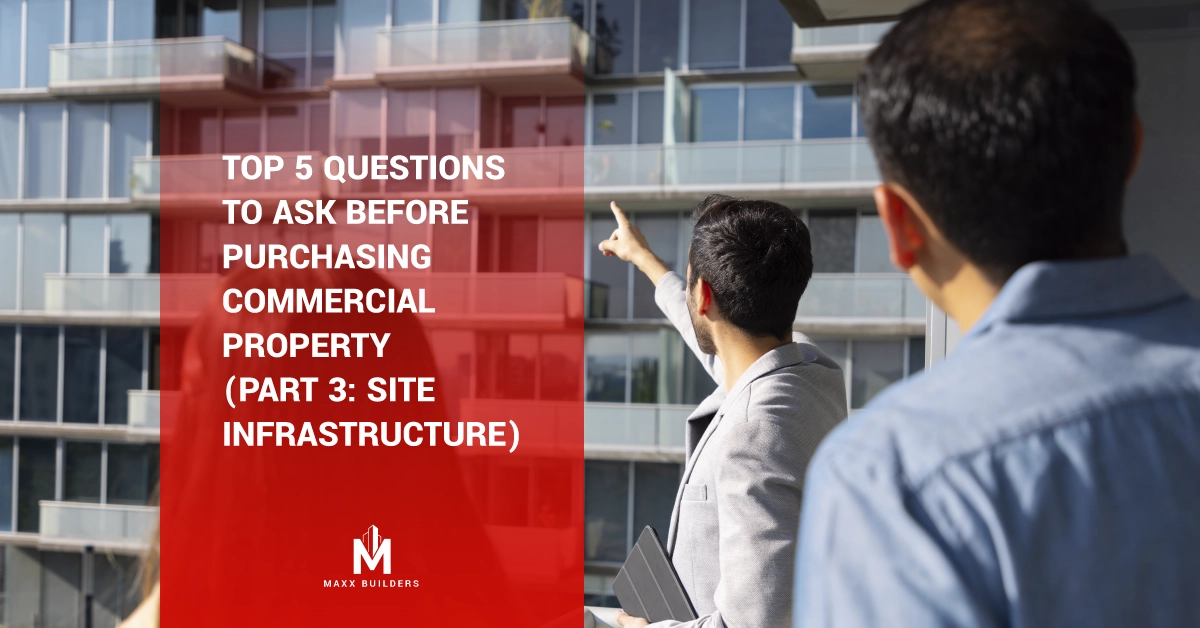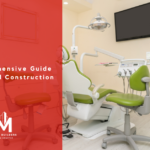Site Infrastructure: After determining the plausibility of building on the site, it is critical to ensure that using the property makes sense for your business. A thorough investigation of the site’s infrastructural capabilities is essential to gauging the practicality of building on the site.
Is there a suitable access point to the site? Especially if the prospective building’s functionality involves drawing in customers, it is important to consider the surrounding roads’ locations and traffic. If you’re building a department store, for example, you will probably want an access point stemming from a busy street so you can draw in more customers. Furthermore, your building should be visible and easy to get to from the road. When applicable, you should also consider other nearby travel infrastructure (e.g. interstate highways, public transportation, airports, subways, etc.) in assessing whether or not the site would be capable of drawing in the business you need.
1. Is high-speed internet available?
For many 21st-century businesses, this is probably the most important infrastructural question. If your business will be dependent on high-speed internet, it is essential to have access to fiber-optic lines or other means of acquiring high-speed access. The absence of this could render the site incompatible with the building’s needs.
2. What is the electrical service, how much does it cost, and is it efficient?
If your business will use substantial amounts of electricity, it would be worthwhile to compare the site’s electrical capabilities and price with other locations you are considering.
3. Is there a sewer available?
If there is not, it will be necessary to build an expensive septic system.
4. What is the sanitary sewer capacity, what is the size of the water line, and how much water flows through the water line per minute?
These issues have huge implications on the cost of construction, particularly if they don’t match the needs of the business. Adjusting the capabilities of these functions is a costly endeavor, so should any of these fall short of what a business needs, it could make building on the site much more expensive and potentially impractical.
5. In the event of a fire or medical emergency, what would the response time for emergency services be?
This is important for safety, and it can also affect insurance costs.




